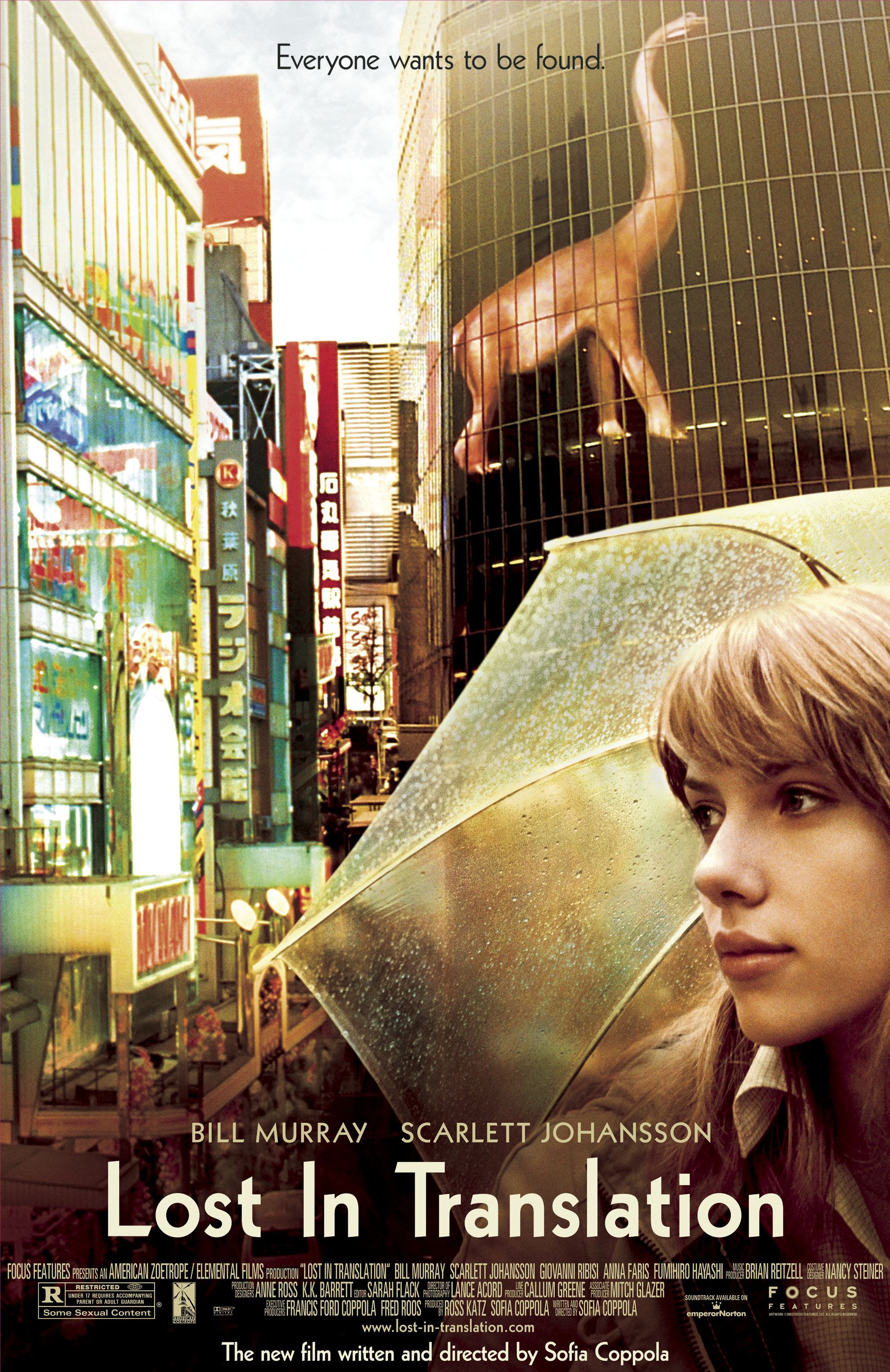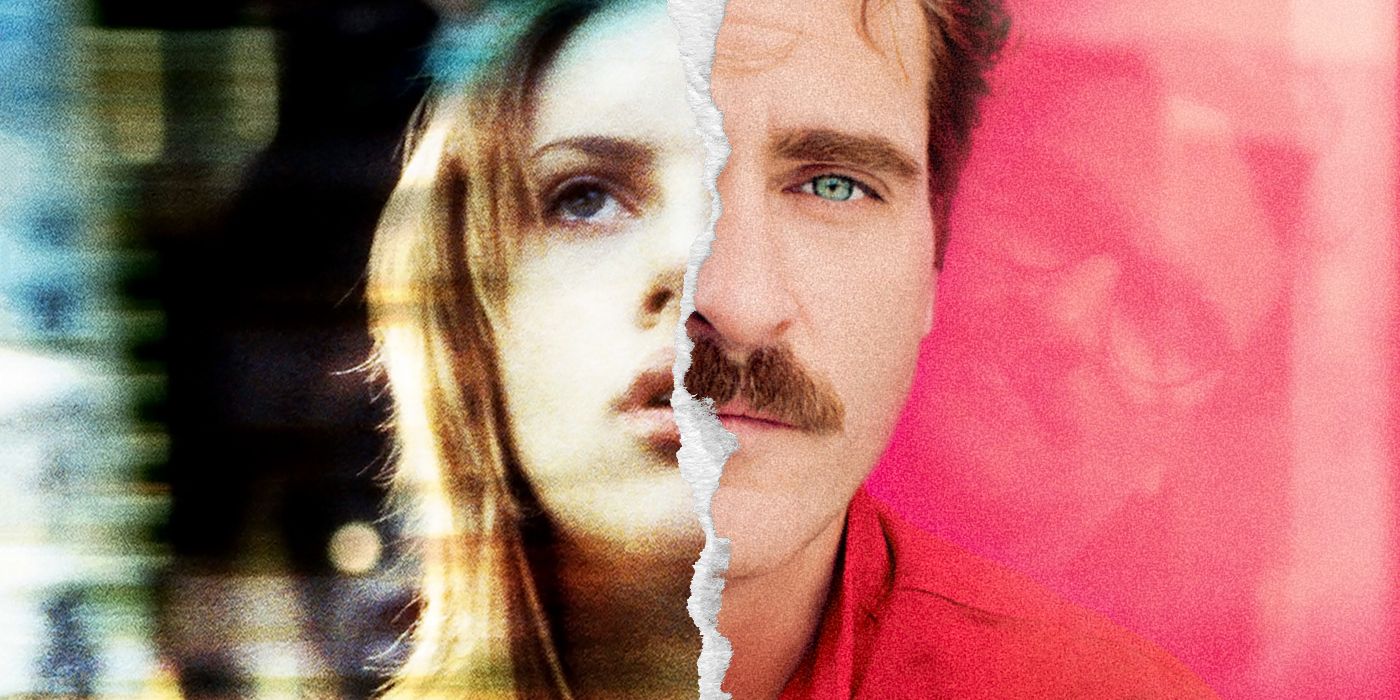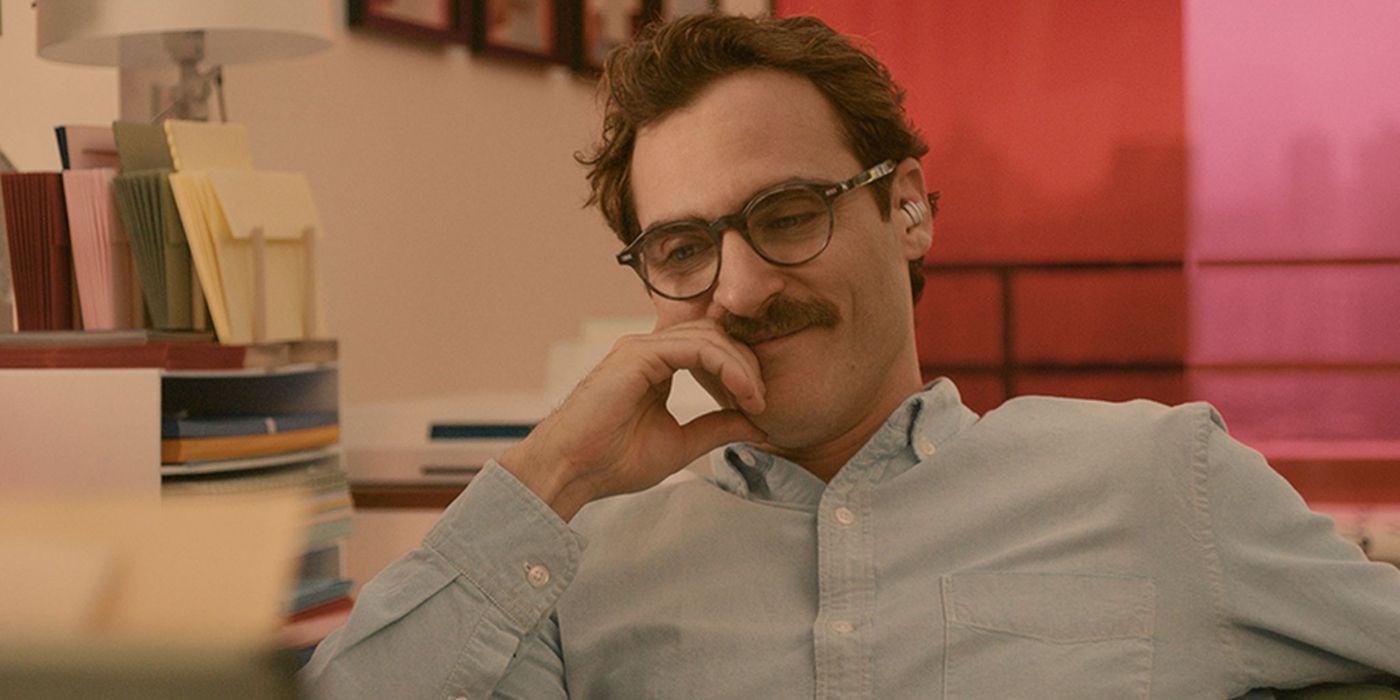The Big Picture
- Lost in Translation and Her tell similar stories about loneliness, reflecting different eras and perspectives on connections we crave.
- Sofia Coppola and Spike Jonze draw parallels in their movies, exploring loneliness, relationships, and human connection in unique ways.
- While Coppola focuses on finding connections in different worlds, Jonze delves into how technology and social media impact human nature.
If we take a look at the plots of Lost in Translation and Her, two of the most celebrated movies in the recent past, they may well seem to be telling the same story, just years apart. Even though there are 10 years between their coming out — the first in 2003, the latter in 2013 — it's difficult to find two movies that complete themselves like Sofia Coppola's and Spike Jonze's while still being able to individually cast honest looks on the same subject: loneliness.
Try and picture it in your mind: it is the early 2000s and life is not what it seemed it would be. At least not for you. People are hanging out and having fun as bright lights throughout the city create a surreal neon atmosphere. Everyone has it figured out, but you feel like living in a foreign country and long for a connection that seems non-existent. Fast-forward 10 years. Later in life, everybody is connected to someone — or something. Kind of by inertia, in the past years you drifted towards a random job and still look for that connection. There were moments you could even taste it, but it never really worked out. Hell, even with your cell phone it seems difficult sometimes.

Lost in Translation
A faded movie star and a neglected young woman form an unlikely bond after crossing paths in Tokyo.
- Release Date
- October 3, 2003
- Director
- Sofia Coppola
- Cast
- Scarlett Johansson , Bill Murray , Akiko Takeshita , Kazuyoshi Minamimagoe , Kazuko Shibata , Take
- Runtime
- 102 minutes
- Writers
- Sofia Coppola
What Are 'Lost In Translation' and 'Her' About?
As always, it pays to know the context behind them both. lonf before Lost in Translation is the first of what may well be an autobiographical trilogy by Coppola. It's her second feature film, but this is where her style and technique really begin to shine — she even got an Oscar for Best Original Screenplay. The story tells of Charlotte (Scarlett Johansson), a young woman who feels adrift in a world full of possibilities, all that freedom weighing in on her. The bright Tokyo cityscape is a perfect analogy of how vast this world is and how foreign she feels in it. Even her boyfriend, a super busy photographer named John (Giovanni Ribisi), seems alien to her, engaging so seamlessly with everyone and incapable of looking past his own career.
10 years later, Her came out. In a not-so-distant future, Theodore (Joaquin Phoenix) is a 30-something who still reminisces about Catherine (Rooney Mara), whom he thinks was the love of his life. He finds solace for his broken, empty heart in Samantha (voiced by Scarlett Johansson), a virtual assistant that works to fulfill the owner's every need. Yes, even broken, empty hearts. As the story goes, our protagonist finds out that Samantha's world is much bigger than his, and slowly learns that being by himself is not necessarily equal to being alone.
Both Movies Contain Parallels To the Relationship Between Sofia Coppola & Spike Jonze
Her was written and directed by Spike Jonze, who also got an Oscar for Best Original Screenplay. He was also Sofia Coppola's husband, and inspired the character of John, and, while Jonze never confirmed it, it's hard not to picture his perception of his former spouse as an amalgam of both Catherine's and Samantha's characters when a parallel is established. Charlotte and Samantha both being played by Scarlett Johansson is just too good to be coincidence. And both movies are their final conversation, each acknowledging the end of their relationship and how it made them feel.
What's interesting to see in both movies is how they deal with loneliness in the aftermath of a meaningful relationship and how we constantly look for ourselves in other people. Coppola puts both her protagonists (the other being Bob Harris, a middle-aged actor played by Bill Murray) in a totally different context than what they're used to, and reflects on how people deal with the world around them, culminating in the pressures shown on screen: Bob reevaluating how work and family fit in his current life, and Charlotte constantly experiencing a sense of non-belonging in hers.

'Lost in Translation' Ending Explained: Your Truth Is the Truth
Will we ever know what Bill Murray whispered in ScarJo's ear?Each Director Draws a Different, Hopeful Conclusion
Jonze continues this same principle and creates a very similar context for Theodore, but shifts the lens: he opts to look at how his protagonist relates to people, not the world he lives in. Naturally, Theodore's world brings variables that Charlotte and Bob's doesn't have, which are technology and social media. While Sofia's drifting on Lost in Translation speaks of a more "analog" feeling, Spike uses his whole personal context to reflect on how these two factors affect human nature and the process of connection. We can be connected all the time if we so choose, and to whatever we feel like connecting. Dealing with people, though, is a whole different thing.
The conclusions Coppola and Jonze each get to are diametrically opposed to one another, but both hopeful. Coppola, ever the dreamer, establishes a connection between two very different characters, in two very different moments in life. Still, everyone wants to be found, and it does happen. Not even the neon haze of Tokyo dawn should stand in the way — after all, love may happen even in the most foreign of places. Jonze acknowledges the individuality of his former partners, both Catherine and Samantha, and understands that it is perfectly possible to be alone in the crowd. Loneliness and solitude are two very different things. Unfortunately, in order to assimilate that idea, we have to go through heartbreak and failed connections. But on the positive side, these feelings may translate to very good stories, like Lost in Translation and Her do... both on and off-screen.
Lost in Translation is available for rent or purchase on Amazon Prime Video in the U.S.





